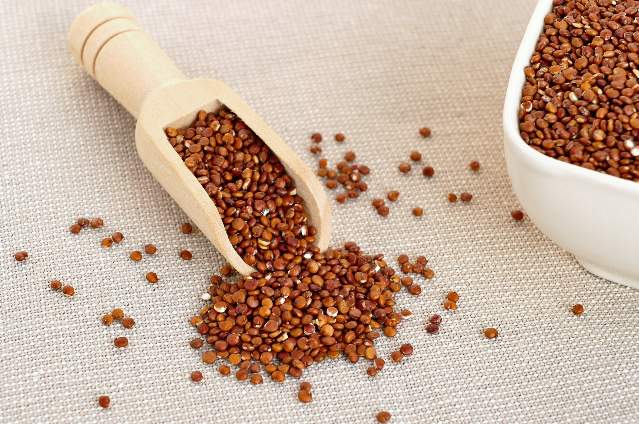
Laheri Bai, a 27-year-old tribal woman from Madhya Pradesh's Dindori has emerged as a grassroots brand ambassador for 'millets' with her 'Beej Bank.'
She recalls the memory where there were incidences of her being ridiculed by her own Baiga tribal community when she started collecting and conserving millet seed varieties in her teenage years.
Her efforts were stifled by the people of her own community. But, she had two main aims in her life. First, not to marry and serve my parents and second to conserve millet seeds and promote their farming, and spread awareness in regard to the matchless health benefits of the consumption of these.
She without getting intimidated by the members of her community continued her efforts which finally led to the realization that now there is no one to raise fingers at her efforts.
Lahari lives with her parents in a kutchaa house. While one room where the functions of both a living room and a kitchen have been accommodated, the other one has been turned into a 'Beej Bank' of millet crops which conserves some thirty-plus rare seeds of different coarse grains.
She also sows them in their field and distributes them free of cost to farmers for cultivation in her village. She has conserved rare varieties of millets like Madhia, Salhar, Sabha, Kodo, Kutki, Sanwa, Kuttu, and Cheena.
Millets particularly, Kodo and Kutki, are cultivated in around 39,000-hectare areas largely in the Samnapur and Bajag blocks of Dindori. These millets beat rice and wheat in terms of vitamins, minerals, and fibre and need very little water to grow. Thus, these crops are both environment-friendly and consumer friendly.
Millets are also known as 'power-house' of nutrition. Finance Minister Nirmala Sitharaman described millets as 'Shree Anna' -- the mother of all grains - during her Budget speech.
Chhatisgarh is at the top when it comes to the production of coarse grains, followed by Madhya Pradesh.
The government of Madhya Pradesh also declared a Minimum Support Price (MSP) for jowar, bajra, and ragi. Self-help groups are also assisting in the extension of the cultivation of coarse grains.
The people of previous generations used to do the consumption of these grain varieties but now it has started to disappear. Hence, before they disappear entirely, we must conserve them.
Lahari is a known name in Dindori and comes from a very poor family. Her family got a gas connection under the Pradhan Mantri Ujjwala Yojana, however, given their poor financial condition, they are not able to refill their gas cylinder and are now back to cooking on chulha. Her villages also face water shortages. Their household work gets delayed as they have to travel a long distance in order to fetch water.
Lahiri wants a pucca house but she doesn't have money to afford the construction process.
This year on Republic Day, she was invited as the Chief Guest at the parade by the District Collector. She unfurled the national flag and also took the ceremonial salute.
This decade-long journey was obviously not a fairy tale. Tribal people are disregarded in society when it comes to matters of awareness but the aforementioned example is a testimony of the fact that the tribals are much more sensitive towards the cause of conservation of agriculture than the mainstream. Instead of acting as opposing forces in society, we must lend a supporting hand to this wonderful endeavour.
. . .
Reference:
- www.ndtv.com
- newsindianexpress.com
